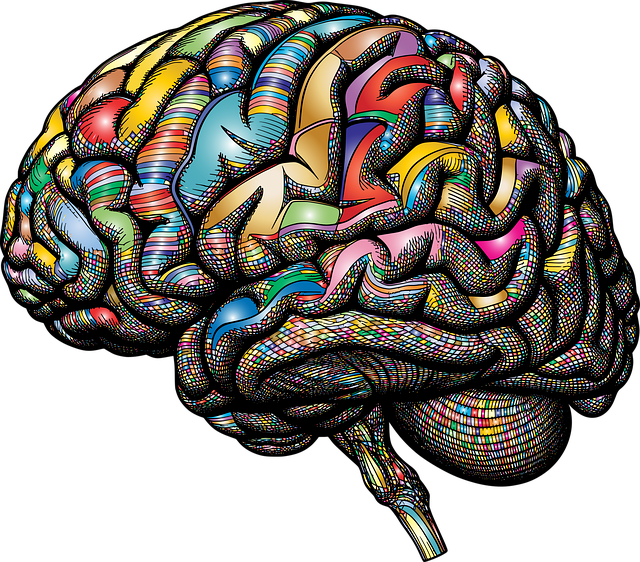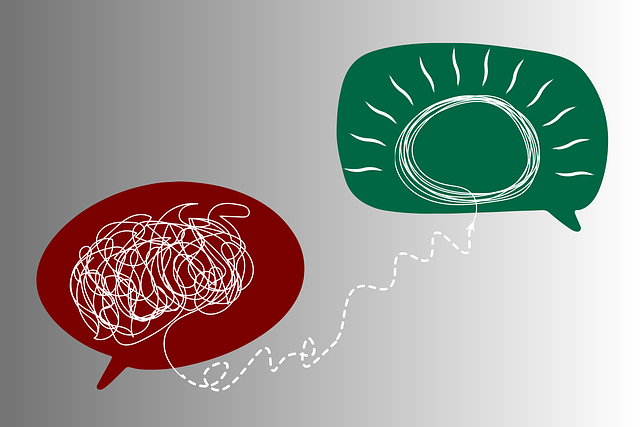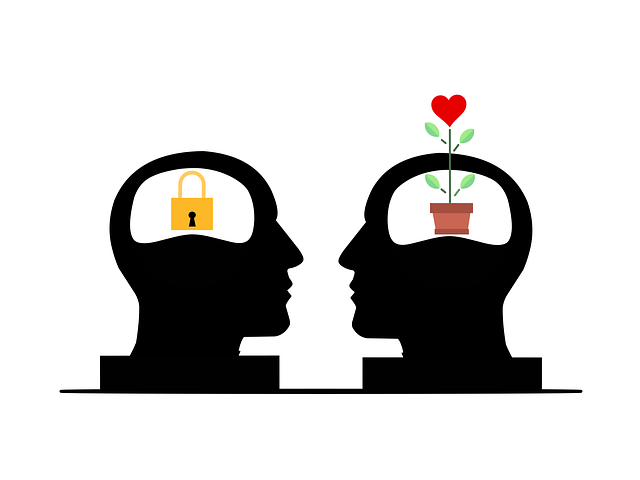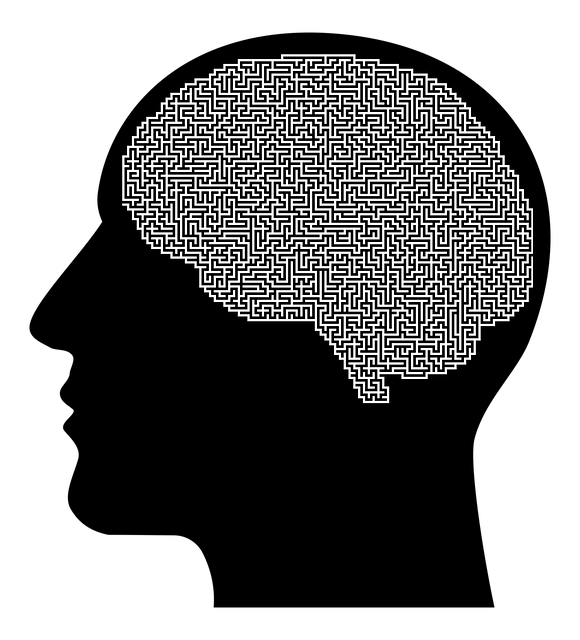Understanding loss, grief, and bereavement is a vital step in managing intense emotional reactions, including those linked to Obsessive Compulsive Disorder (OCD). While some cope effectively through social support, others may struggle with persistent thoughts or behaviors related to loss, signaling the need for therapy for adults with OCD. Counseling provides safe spaces for processing emotions and developing healthy coping mechanisms. A holistic therapy approach combining mindfulness, cognitive-behavioral therapy, expressive arts, and support groups can be transformative. This section focuses on culturally sensitive mental healthcare practices tailored to individuals dealing with both grief and OCD, emphasizing the importance of differentiated coping strategies and adaptive responses.
Loss, grief, and bereavement are inevitable parts of life that can profoundly impact our emotional well-being. This article explores the intricate emotional journey associated with these processes, offering insights into understanding loss and recognizing when professional help is crucial. We delve into effective counseling techniques for coping with loss and specifically address overcoming Obsessive-Compulsive Disorder (OCD) in the context of grief. If you’re seeking therapy for adults with OCD related to loss, this guide provides essential information on holistic approaches to healing.
- Understanding Loss, Grief, and Bereavement: The Emotional Journey
- Recognizing the Signs: Identifying When Professional Help is Necessary
- Counseling Techniques for Coping with Loss: A Holistic Approach
- Overcoming Obsessive-Compulsive Disorder (OCD) in the Context of Grief
Understanding Loss, Grief, and Bereavement: The Emotional Journey

Understanding loss, grief, and bereavement is a vital step in navigating the emotional journey that follows. It’s a complex process where individuals confront deep feelings of sorrow, often accompanied by a range of physical and psychological symptoms. Loss can manifest in various forms, from the passing of a loved one to significant life changes, triggering a cascade of emotions like denial, anger, bargaining, depression, and eventually acceptance—a process that is uniquely personal and varies greatly among individuals.
In the midst of this turbulent journey, therapy for adults with obsessive-compulsive disorder (OCD) can offer much-needed coping skills development. Crisis intervention guidance tailored to grief and bereavement helps individuals manage anxiety relief, providing safe spaces to express their feelings without judgment. This support is crucial in preventing or mitigating the exacerbation of OCD symptoms during a time when emotional vulnerability is heightened, allowing for healthier processing and recovery.
Recognizing the Signs: Identifying When Professional Help is Necessary

Many people experience loss and grief as a natural part of life, but recognizing when to seek professional help is crucial for effective coping. While some individuals may effectively process their emotions through social support networks and self-care strategies, others might struggle with intense feelings of sadness, anger, or confusion that significantly impact their daily lives. This could indicate the need for therapy, especially if these symptoms persist for an extended period.
Loss and grief can manifest differently, from intense and overwhelming emotions to physical symptoms. If someone is experiencing persistent thoughts or behaviors related to the loss, such as obsessive ruminations or compulsive actions, it may be a sign of Obsessive-Compulsive Disorder (OCD) requiring professional attention. Mental health awareness campaigns play a vital role in educating folks on these signs and encouraging them to seek help for improved mental well-being. Social skills training could also be beneficial in managing social interactions during a vulnerable period, fostering support systems, and enhancing overall recovery.
Counseling Techniques for Coping with Loss: A Holistic Approach

Counseling offers a powerful tool for individuals navigating loss and grief, providing a safe space to process emotions and develop coping mechanisms. A holistic approach in therapy for adults with obsessive-compulsive disorder (OCD) can be incredibly effective. By addressing the mind, body, and spirit, counselors empower clients to build inner strength and resilience.
This method involves various techniques tailored to each individual’s unique experience. Mindfulness practices teach individuals to stay present during distressing moments, while cognitive-behavioral therapy (CBT) helps reframe negative thoughts. Additionally, exploring one’s emotional responses through expressive arts or support groups can facilitate healing. For healthcare providers at risk of burnout, integrating these coping strategies into their practice also supports personal well-being, enhancing their ability to provide quality care.
Overcoming Obsessive-Compulsive Disorder (OCD) in the Context of Grief

Grief can sometimes manifest in unusual ways, including symptoms similar to those of Obsessive-Compulsive Disorder (OCD). In the midst of bereavement, individuals might experience intrusive thoughts and repetitive behaviors as they grapple with their loss. This complex interplay between grief and OCD requires specialized therapy for adults with OCD to navigate through. Counseling sessions tailored for these dual challenges focus on helping clients distinguish between healthy coping mechanisms and OCD-related rituals, fostering a more adaptive response to grief.
Cultural sensitivity in mental healthcare practice plays a pivotal role in addressing this issue effectively. Therapists must be attuned to the unique ways different cultures express grief and understand how cultural beliefs can influence the manifestation of OCD symptoms. Incorporating mental wellness journaling exercise guidance or even producing a mental wellness podcast series on these topics can offer additional support, enabling individuals to process their emotions while gaining insights into managing OCD during challenging times.
In navigating the complex emotional landscape of loss, grief, and bereavement, seeking professional counseling can be a transformative step. This holistic approach, tailored to address not just the immediate pain but also underlying conditions like OCD, offers adults valuable tools for healing. By recognizing signs early and understanding the diverse techniques employed in therapy, individuals can find solace and gradually rebuild their lives post-loss. Remember that asking for help is a sign of strength, and with the right support, it’s possible to overcome even the most challenging grief journeys.













